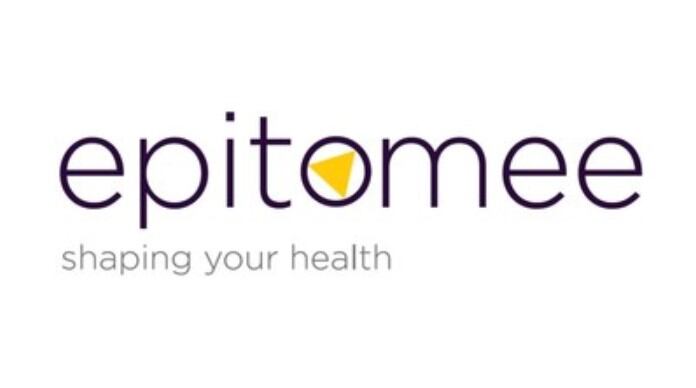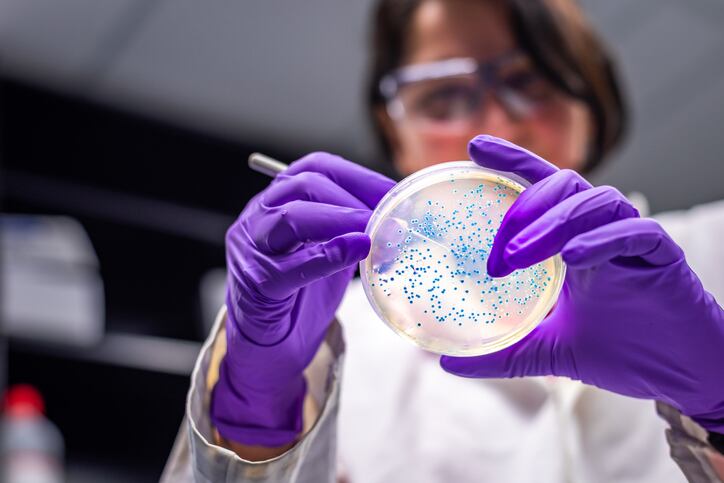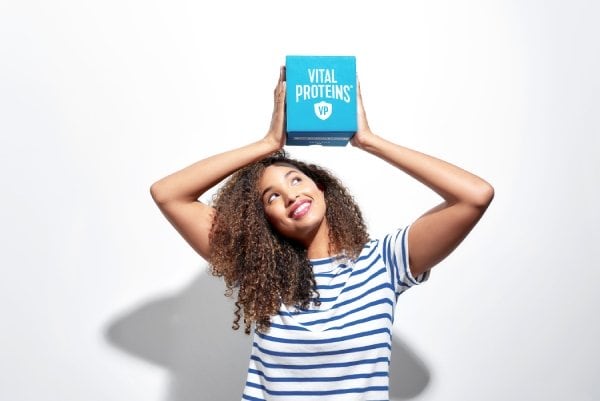The agreement with Epitomee Medical will use Nestlé’s extensive marketing and sales channels to launch the product to global markets, where the Swiss giants will retain exclusive and global commercial rights.
As well as weight loss, the partnership may also look to cover the product’s development and commercialisation in other disorders such prediabetes and Type 2 Diabetes (T2D).
“The research and development that Epitomee is doing is very promising,” says Hans-Juergen Woerle, chief scientific & medical officer of Nestlé Health Science.
“We look forward to working together to realize the commercialisation of the product, an innovative approach to reducing weight and managing other associated metabolic health co-morbidities."
Epitomee’s ingestible capsule includes absorbent pharmaceutical polymers and bonding materials that self‐expand in the stomach to create a pH‐sensitive super absorbent gel structure.
The weight reduction mechanism of the capsule is thought to be similar to those of other water‐soluble, fermentable fibres.
In a clinical study involving the Israel-based firm, the research team suggested the capsule may promote satiety via activation of the gut–brain axis thereby leading to weight loss.
“The ED mechanism of action is purely mechanical and does not involve any chemical activity,” the paper adds.
“The device has no calories, and it disintegrates to small particles within 30 min in the intestine. The particles are then secreted naturally through the gastrointestinal tract.”
Epitomee and Gelesis
Epitomee’s agreement with Nestlé Health Science follows April’s 2019 fundraising efforts in which the early-stage medical device developer raised €6.7m ($8m) in financing to support the product’s development.
Today’s news also follows European approval of US firm Gelesis’ superabsorbent hydrogel Plenity that forms a three-dimensional matrix in the stomach to induce a feeling of fullness and satiety.
Like Epitomee’s capsule, Plenity contains no calories and is partially broken down by enzymes, where the released water is reabsorbed in the large intestine, and the remaining cellulosic material is eliminated through the body’s natural digestive processes.
Both products are considered a medical device with Epitomee’s capsule sold under medical prescription (Rx) in Europe and the US.
“This transformational deal is another recognition of the good science, hard work, commitment, and vision of our team.” says Epitomee CEO Dan Hashimshony. “Nestlé Health Science is an ideal strategic partner for Epitomee.
“This partnership around the Epitomee Capsule will enable the worldwide scale-up this product deserves. Our strategic intent to develop more science-based nutritional health solutions and focus on fighting metabolic disorders."
Obesity impact
Obesity is the major public health issue of the times with numerous studies highlighting the negative impact on quality of life, morbidity and mortality rates.
It is estimated that if the current trends continue, 18% of men and 21% of women worldwide will be obese by 2025.
Current therapies such as bariatric surgery is not ideal due to limited efficacy or safety. Reported adverse events include small bowel obstruction secondary to early balloon deflation, ulceration with gastrointestinal (GI) haemorrhage, gastric perforation and death.
"The Epitomee capsule and its associated technology platform is offering, for the first time, a safe and effective solution for almost 1bn people around the world suffering from over-weight and its comorbidities,” adds Shimon Eckhouse, chairman of the board and co-founder of Epitomee.
“We are proud to team up with Nestlé Health Sciences to bring our proprietary technology to the large number of people around the globe suffering from metabolic syndrome."



